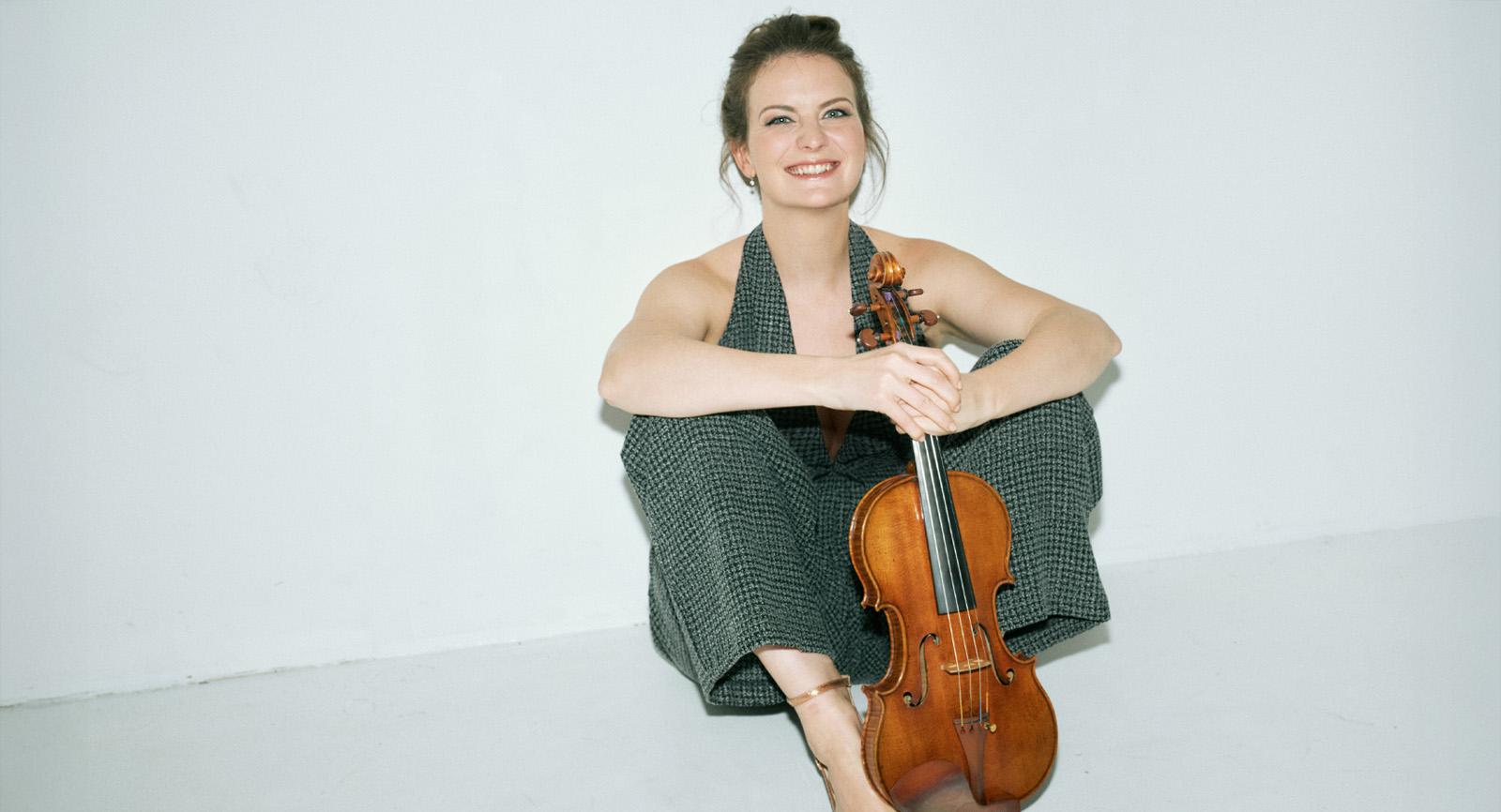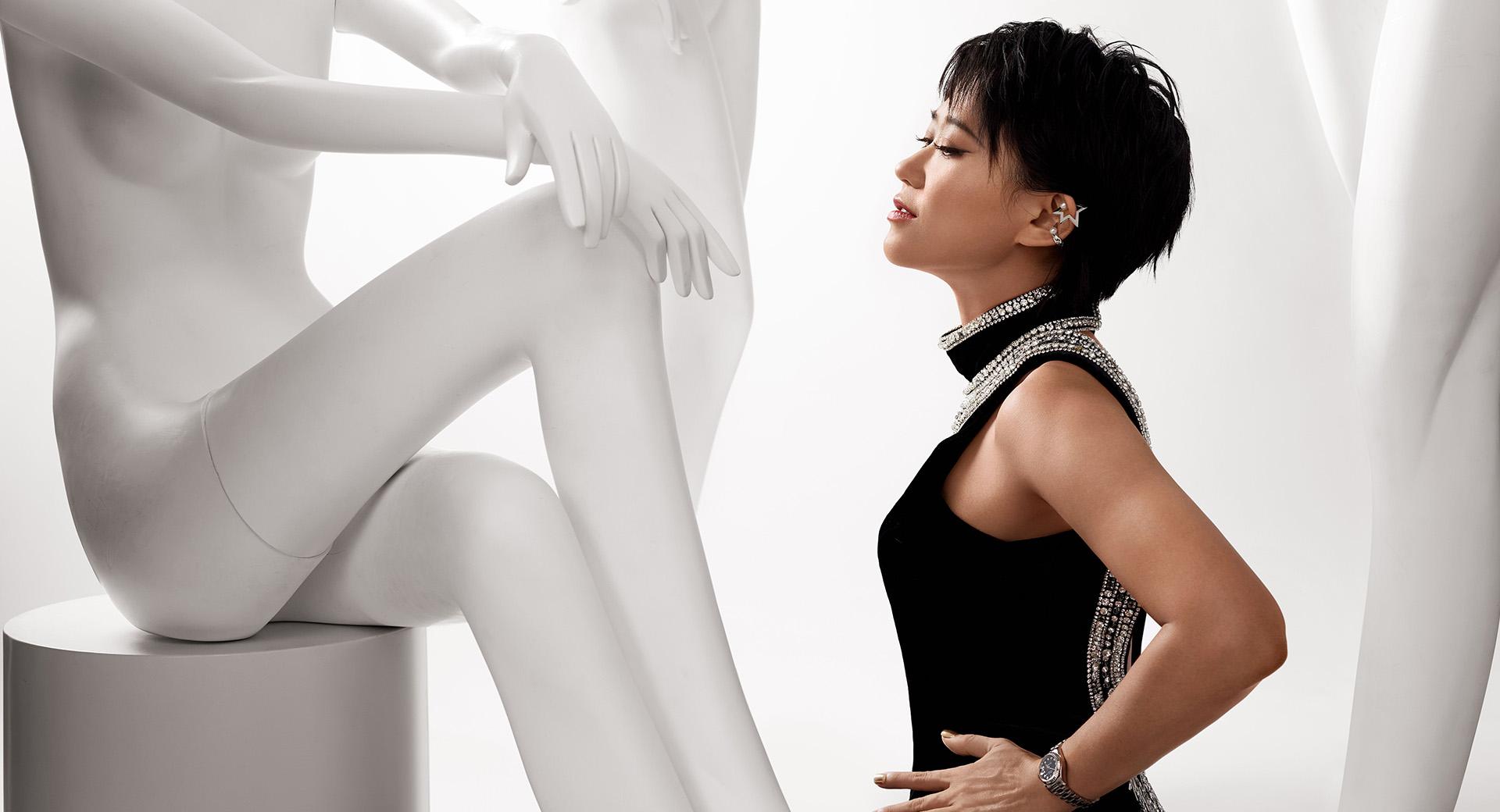Classical music in the folk tradition
In the service of the noble family of Esterházy in the 18th century, we not only find Joseph Haydn but a large number of skilled musicians, such as folk musicians from various parts of Austria and Hungary. Haydn’s parents were both self-taught and enthusiastic amateur musicians, and the whole family often played and sang together. The concert explores this close relationship between folk music and classical music in several of Haydn’s works. In addition, it presents examples of how Beethoven, Stravinsky and the Swedish-Estonian Mirjam Tally have looked to history – in order to move forward.
This production is part of one or more concert series.

At the end of the 1750s, Joseph Haydn entered into the service of a certain Count Morzin as his Kapellmeister, or musical director. That was the end of young Haydn’s industrious but financially precarious existence. Just a few years later, the count himself ended up in financial trouble and sacked his entire team of musicians, including Haydn. However, he quickly gained a similar position with Prince Paul Anton Esterházy. In the service of the court, he encountered both amateurs and professional musicians with a background in folk music. According to some music researchers, Haydn also hired folk musicians for his concerts. Since he grew up with folk music, it was probably not a significant or peculiar thing for him and in much of Haydn’s work, there are traces of or even explicit references to Austrian, Hungarian and also Croatian folk music.
Among Haydn’s many symphonies and piano concertos, Simon Crawford-Phillips, himself a pianist and the current chief conductor of the Västerås Sinfonietta, has selected a series of movements that show the cross-fertilization between classical music and folk music: one movement each from the London Symphony, the Farewell Symphony, Trauer, as well as Symphony no. 4 and Piano Concerto no. 11. This collage is woven together with the help of Emilia Amper, acclaimed and award-winning nyckelharpist and composer, who is experienced playing with and composing for orchestra. Besides, the link between Haydn and nyckelharpa may be stronger than it appears. Paul Anton’s successor, Prince Nikolaus, played the baryton, a stringed instrument that is similar to both the viol and the nyckelharpa and for which Haydn wrote almost 200 compositions.
In 2009, Mirjam Tally wrote Allikas (Spring) in memory of Joseph Haydn, where she dissects the third movement of his 44th symphony and looks at the music as if through a magnifying glass: it is distorted, amplified, changed. Beethoven’s Coriolan ouverture from 1807 is probably referencing Shakespeare’s play about the Roman general Coriolanus rather than Heinrich Joseph von Collin’s tragedy, even if it was written for Collin’s play. Allegedly, Beethoven identified with the image of the lone hero and there is speculation as to whether this is somewhat of a musical self-portrait. Igor Stravinsky was, much to his own surprise, delighted and inspired when ballet director Sergei Diaghilev introduced him to Italian 18th century music. This encounter with baroque music was the origin of the ballet, Pulcinella, and Stravinsky himself described it as “the revelation that led to all my subsequent works. It was a retrospective of course, but also a look in the mirror.”
No bus to Berwaldhallen from Stockholm City –
Busline 69 is shortened and runs Karlaplan – Kaknästornet / Blockhusudden. For more information, please visit www.sl.se/en/
FESTIVAL OFFER (Östersjöklippet)
With the Baltic Sea Festival Offer (Östersjöklippet), you get three different levels at a discount – 10, 15 and 20% off the regular fare depending on whether you buy three, four or five different concerts at the same time.
TO ’ÖSTERSJÖKLIPPET’



